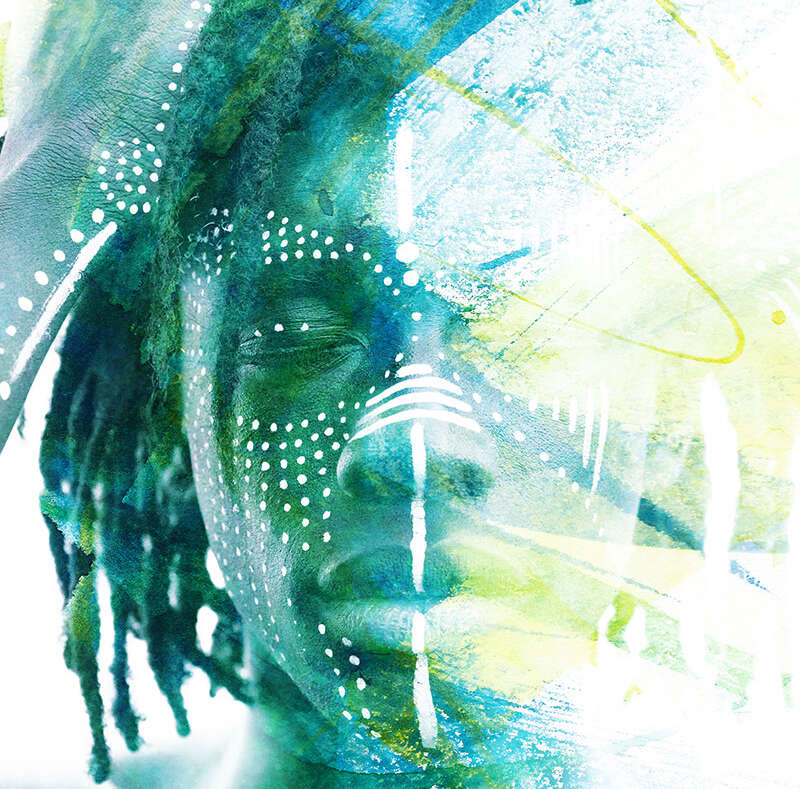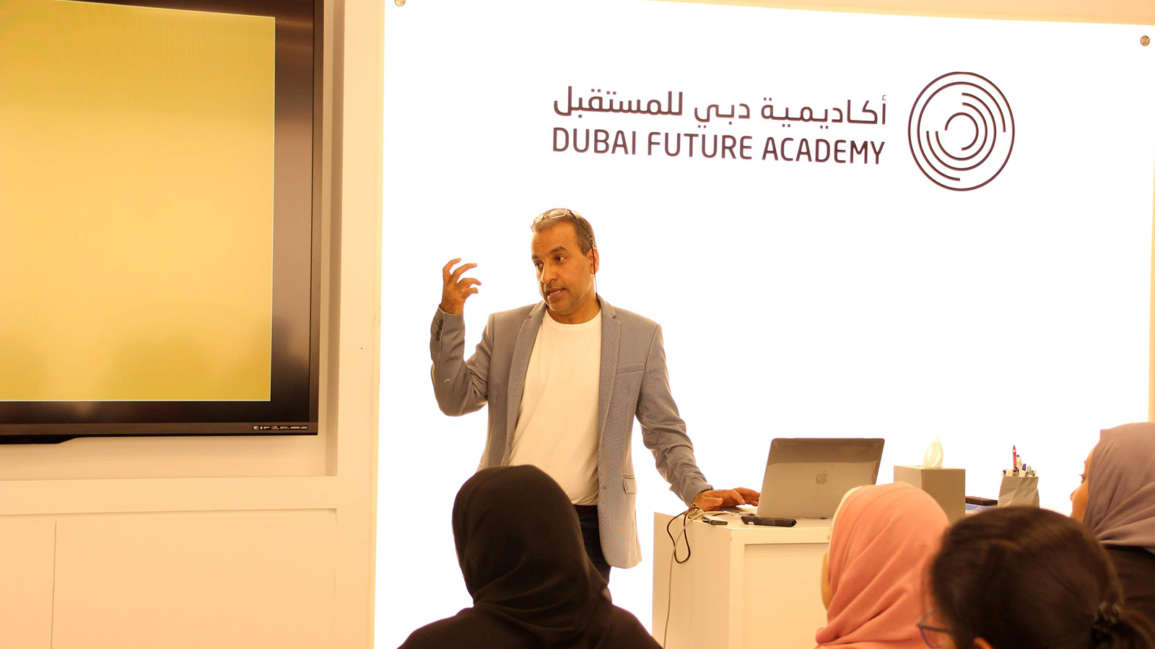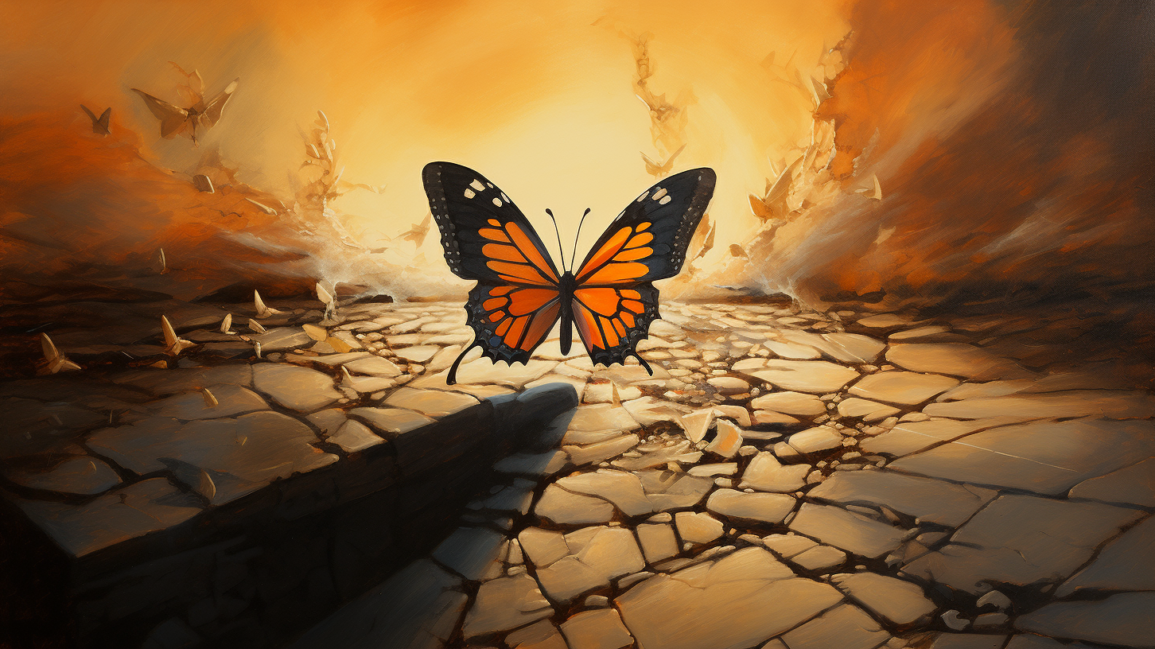by Tayyab Rashid
July, 2021
The realization that I am a citizen of an uneven world is perhaps the most inconvenient truth exposed by COVID-19. The recent unearthing of hundreds of graves of Indigenous children in Canada, brutal killing of Asian Americans in Atlanta and death of George Floyd are stark reminders that racism was and remains a reality in North America. The vast backyard on this side of the Atlantic is not as pristine as it is portrayed to the world.
The disproportionate number of COVID-19 attributed deaths of people of colour in both America and Canada is not the tragedy of the past. It reflects the supremacy of one culture, creed and class, which has been an almost unchallenged socially sanctioned system of oppression. A system which in subtle ways “others” anyone who looks different, sounds different and acts different. And often escaping culpability and accountability. Police pullovers of Black males, Xenophobic shoves and slurs to Asians are testimonials of cultural power and privilege, which elevates a few and suppresses many. When people are down and weak, their voices become meek and they become invisible. When have traumas experienced by Blacks been heard—let alone be healed. Instead, painful experiences of black and brown bodies have been invalidated.
Political polarization across the continent has created cultural chasms. We need to inject strong doses of cultural humility, which resets our moral compass. The very foundation of this cultural humility is establishing trust among marginalized communities that anyone who does not fit the dominant cultural narrative (e.g., White, Anglo-Saxon, Protestant, heteronormative) is not an alien, evil and hidden. This trust, however, needs to transform into authentic and impactful actions. It cannot rest upon the allyship statements alone.
The last breaths of George Floyd and his words “let me breathe” shared the constriction marginalized communities feel on daily basis. To widen these narrow lanes of existence, drive-through measures – largely symbolic and anemic, may not bring real changes. But then where do we start to bring about real changes. Let me share five ideas distilled from my experience of working with marginalized clients in the past 15 plus years, both in America and Canada.
First, we cannot heal unless we hear and feel the pain. Unless we do not identify, assess, and appraise the emotional and economic cost of falling through the cracks of marginalized individuals, we will not be able to distribute opportunities equitably.
Second, othering those who engage in racial discrimination also need to be heard in face-to-face discussions, facilitated by impartial facilitators who are skilled in creating and maintaining a safe and respectful milieu. The spirit of these discussions should be learning at least one new fact about each other’s perspective. Each discussion needs to end with at least one mutually agreed upon action which combats racism.
Third, we need to create pragmatic paths of high accomplishment for marginalized young people. In the absence of these paths, they will remain trapped on the margins of society. Whenever, against all odds, a Black, a Latin, a LGBTQ, an Indigenous, a Muslim or an Asian rises to the top echelons, their ascendance should not be an exception.
Forth, durable change will take place when curriculums in schools will include all history of all, public sphere will have diverse cultural installations, board room compositions will reflect community demographics, income, employment and retention stats will not be skewed, and diversity and inclusion policies will be translated into concrete and pragmatic actions which encounter “othering” marginalized individuals.
Finally, these initiatives need to be evaluated through hard outcomes such decline in disproportionate number of marginalized individuals in low wage employment and in incarnation, significant decrease in online expressions of hate, and increase in degree of belonging and othering (conversely) among marginalized communities.
Whether we like it not, our futures are inextricably dependent on our ability to find and implement solutions that work for everyone.


